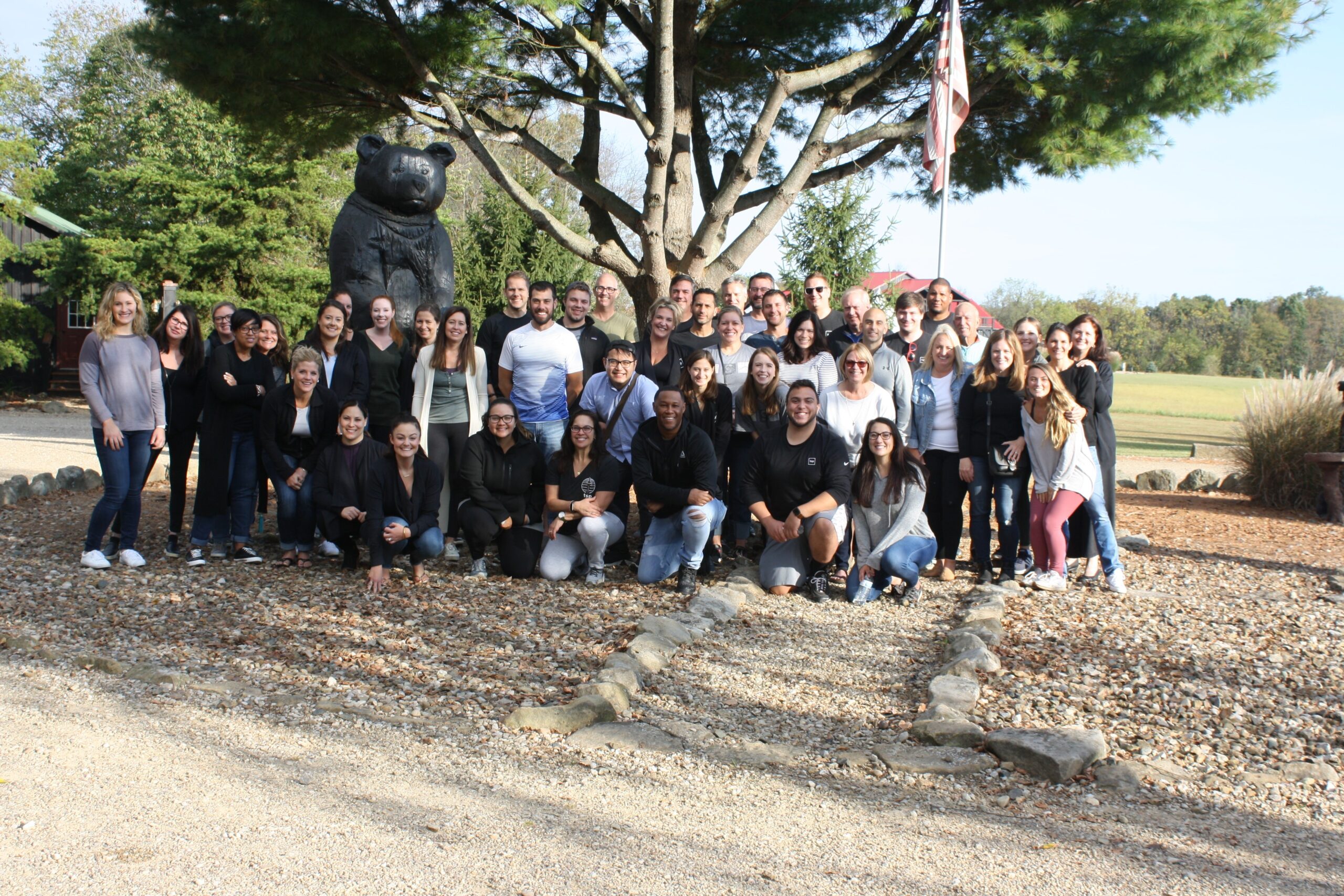In the fast-paced world of the life sciences industry, where innovation is crucial and the impact is profound, the recruitment of top-tier executive talent is more than just a necessity—it’s a strategic imperative. My experiences have shown that understanding the latest trends in executive recruitment can significantly enhance our approach and ensure we are not just filling roles but are also paving the way for future advancements and success.
1. Embracing Digital Transformation
The digital age has arrived, and it’s reshaping every sector, including life sciences. From groundbreaking drug discovery to advanced patient care strategies, digital technologies are revolutionizing the way we operate. This evolution means that today’s life science executives need to be adept not only in their scientific expertise but also in their digital savviness.
- Digital Leadership: Our search now prioritizes candidates who are proficient in data analytics, artificial intelligence, and machine learning. Leaders who can leverage these technologies to foster innovation and streamline operations are incredibly valuable.
- Remote Work Adaptation: The workplace has been redefined in recent years, and the ability to lead remote teams effectively while sustaining innovation and collaboration is a sought-after skill in executive candidates.
- Cybersecurity Focus: As more health data becomes digital, a strong grasp of cybersecurity measures is critical. Executives who can implement robust cybersecurity strategies and manage risks are indispensable.
2. Prioritizing Diversity, Equity, and Inclusion (DEI)
The increasing recognition of the value of diversity, equity, and inclusion is prompting a shift in how companies approach executive recruitment in life sciences. Embracing DEI is not just about social responsibility; it’s about driving innovation and effectively serving a diverse population.
- Diverse Leadership: We are committed to diversifying leadership within the industry to mirror the communities we serve. This involves not only seeking out diverse candidates but also cultivating an inclusive hiring process.
- DEI Initiatives: Candidates who have demonstrated a commitment to DEI initiatives are particularly in demand. It’s essential for leaders to foster an inclusive environment where all employees feel they belong.
- Impact on Innovation: Research shows that diverse teams are more innovative and better equipped to tackle complex problems. Leaders who can build and manage these diverse teams are crucial for propelling the industry forward.
3. Navigating Regulatory Complexity
Life sciences remain one of the most regulated industries globally, which requires executives to have a nuanced understanding of the regulatory landscape to navigate it effectively.
- Regulatory Expertise: Our focus is on finding leaders who are not only familiar with current regulations but are also adept at anticipating and adapting to regulatory changes.
- Adaptability to Change: The ability to quickly adapt to new regulatory environments is a key trait we look for in executives. Their proactive adjustments to business strategies can be a major advantage.
- Global Compliance: As the industry continues to globalize, executives must manage regulatory compliance across multiple regions, making experienced leaders in international regulatory affairs highly prized.
The landscape of executive recruiting in the life sciences industry is continually evolving, influenced by digital transformation, a growing emphasis on DEI, and the complexities of regulatory compliance. As we look to the future, it is clear that the organizations prepared to embrace these trends and adapt their recruitment strategies accordingly will be best positioned to attract the top talent needed to thrive in this dynamic sector.
By understanding and integrating these trends into our recruitment practices, we can build resilient leadership teams ready to face the challenges and seize the opportunities that lie ahead in the ever-evolving world of life sciences.




